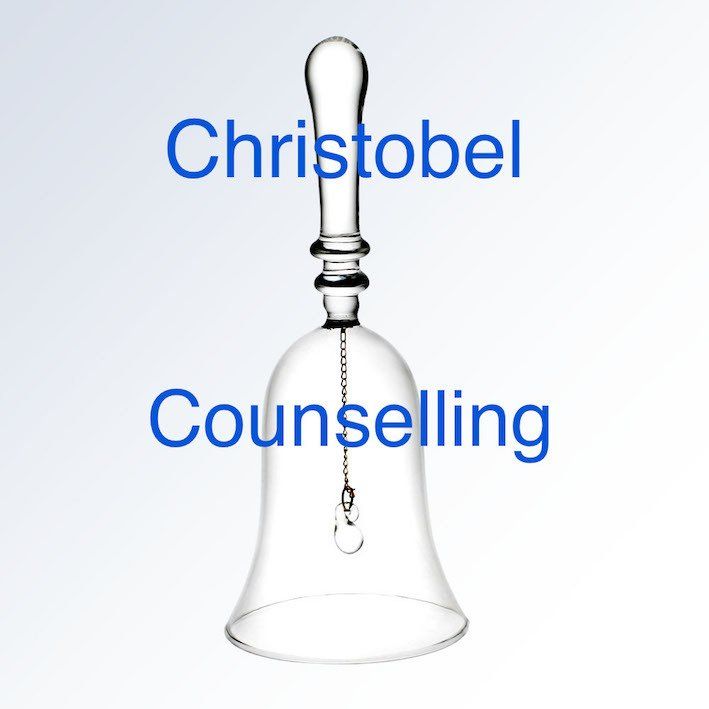The Family Table
We are biologically wired to connect emotionally with others. If we cannot find that connection in our family, we will find it with others. Modern life places so many pressures on us timewise. Mobile phones have changed the way that we communicate and connect making it easy to connect to others outside the family while physically being in the family home. The question is who do you want to have influence over your children?
While ‘the family table is the name of a cookbook and a restaurant – the angle I want to take is the great potential for communication.
If you were asked whether you think that it is important that your family meet and talk – chances are you would say yes, then follow it quickly with how busy your life is between school, work, homework and sporting commitments.
Take a moment to think about how often your family sits down to eat together at a table, without other interferences like phones and TV. In a busy family most communication takes place when everyone is getting ready to go somewhere, and it’s in a hurry.
Getting your family back to the table for meals creates opportunities for chatting to each other. If you haven’t done it for a while, it may take some practice to re-learn how to communicate effectively.
Start by thinking about what days it is most likely that everyone can get together. Check everyone’s timetable, and if this is difficult, can some family members move their plans around where there is flexibility (e.g. going to the gym). Which meal is it, breakfast or dinner? Sunday lunch? When you see an opportunity, arrange for everyone to be there. Stress the importance of the opportunity for everyone to be together.
At the meal, it may take one family member to take the lead and facilitate. This person’s job will be to ask each family member, what they did today, or what they enjoyed about their day or their week.
Ask everyone else to listen, and they may have questions too? Allow everyone to have an opportunity to say something.
This will be more of a challenge for some than others but here they are learning skills in listening, and when it’s their turn, to tell their story.
Verbal communication is critical to socialisation – feeling comfortable asking questions and sharing information, and talking about yourself or your ideas. This is an opportunity for your children and you to find out more about their daily life when they are away from the family.
Another benefit of learning these skills is that it can become more familiar for the family to talk about things that are happening within the family.
The meal, and having it at a table, sets the scene for everyone to be seated, with a purpose – this extends its use, to a family get together over a meal.
If you are already doing this then well done. You have enhanced your family’s capacity to communicate together and helped your children learn how to facilitate and hold a conversation. This will also bring you closer as a family as sharing does that.
Family life is not a walk in the park. Often issues arise that are hard to deal with, especially since you are directly involved, and often emotional responses to situations make it difficult to see what needs to change.
Counselling with a family counsellor can speed up the resolution process and restore family unity.
If you would like more information or to make an appointment with Diane Clough, please call 0414728884
Business Hours
Monday: 9am-5pm
Tuesday: 9am-5pm
Wednesday: Closed
Thursday: 9am-5pm
Friday: Closed
Saturday: 10am-4pm (fortnightly)
Sunday: Closed
Certifications
Masters of Counselling
Memberships
Australian Association of Social Workers (AASW)
Psychotherapy & Counselling Federation of Australia (PACFA)
Payment options


